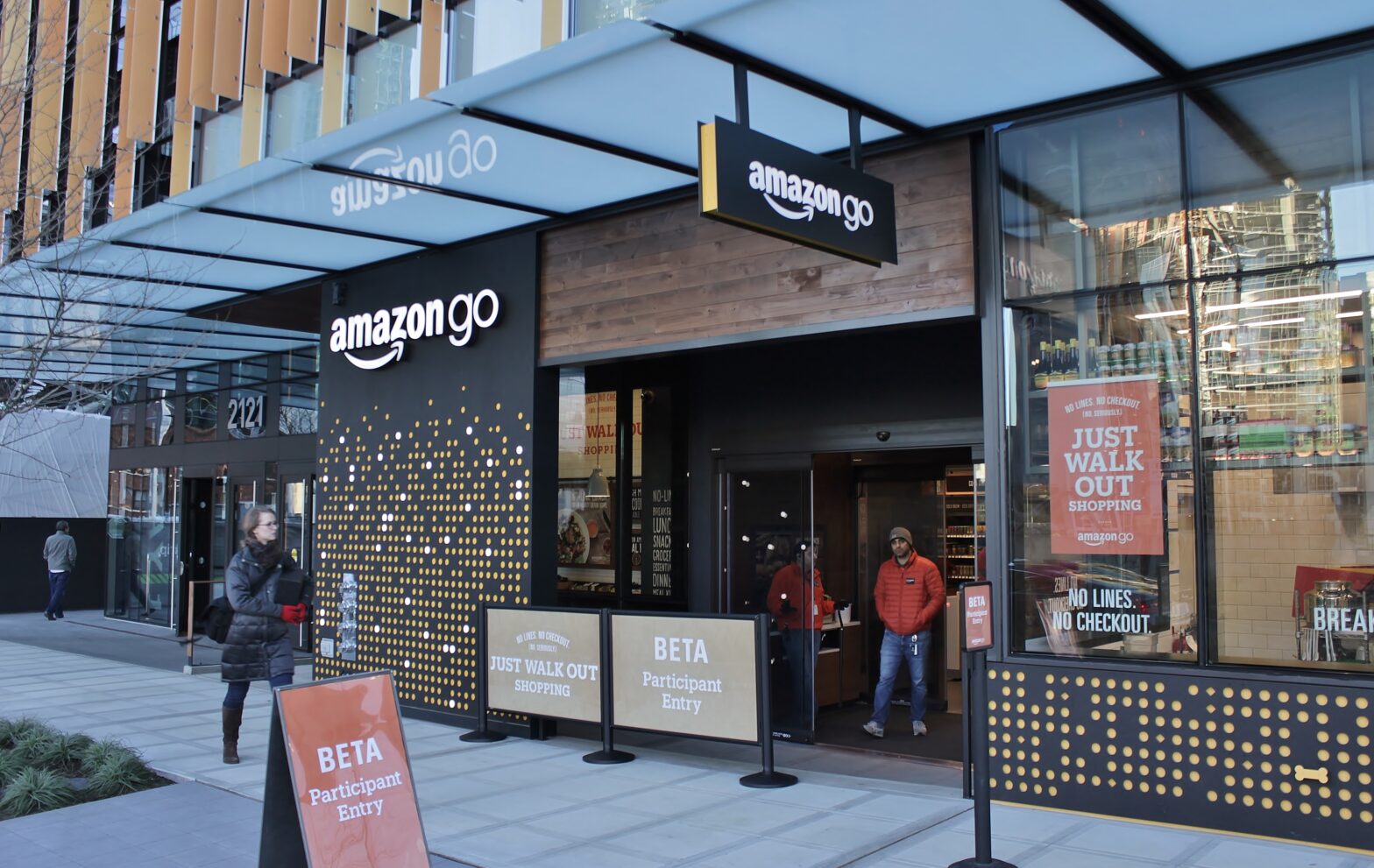Analysts have predicted that Amazon Go could launch in the UK by the end of 2018, which would enable British shoppers to experience a checkout-free supermarket for the first time.
According to retail technology expert Conversity, such a change will herald a new era where personalised, automated product recommendations and innovative shopping experiences become the norm.
However, rather than eliminating the element of human interaction in shopping, this new technology will be used to complement and enhance the relationships customers have with human sales staff.
>See also: Let’s make it personal: the UK retail digital revolution
Amazon Go works by tracking shoppers in stores using cameras and sensors, with any products they pick up and take away from the store being automatically charged once they leave. For Dave Stark, CEO at Conversity, this development will encourage further advances in retail technology, all designed to increase convenience for consumers.
“The predicted expansion of Amazon Go underlines the fact that we’re in the midst of an exciting period of evolution for the retail sector,” explained Stark. “Alongside innovations such as cashierless supermarkets, we’ll see automated recommendations – where data from social media or loyalty cards is leveraged to provide product suggestions in real time while a customer is browsing – soon become a regular feature of the shopping experience. This information could also be delivered to salespeople advising customers via a tablet on the shop floor.”
“Artificial intelligence and machine learning technology have come on leaps and bounds, so the idea of having intelligent personal assistants to aid shopping is no longer a fanciful notion. Such technology brings increased convenience and personalisation by providing customised product recommendations and answers to simple questions. A good example of this would be a smart fridge that can detect when a household is running low on important ingredients, and then place an order automatically.”
>See also: 3 tech trends that will revolutionise organisations in UK in 2018
Today’s disruptive technology has the potential to bring unrivalled levels of convenience to discovering and buying products, but this will not spell the end for human interaction in stores. In fact, this technology will be most effective when it is used as a means of supporting and boosting the connection between customers and staff.
“Any retailer worth its salt should first and foremost be looking to understand its core demographic, and recognising that this could contain a large section of customers who value human interaction as an essential component of the buying process,” said Stark. “With this in mind, it is crucial that retailers don’t lose sight of the importance of positive, one-to-one customer service whenever it is required.”
“This is why the advent of new technology in retail should be seen as complementary to customer-staff interaction, rather than a threat. Personalised product recommendations, for example, can be used to encourage greater dialogue between customers and sales staff, and having the technology to hand enables staff to deepen the relationships they have with the customers who value human contact the most. Essentially, it’s about striking a balance between the two: embrace the power of AI and similar technologies, but don’t lose sight of the human side of selling.”







